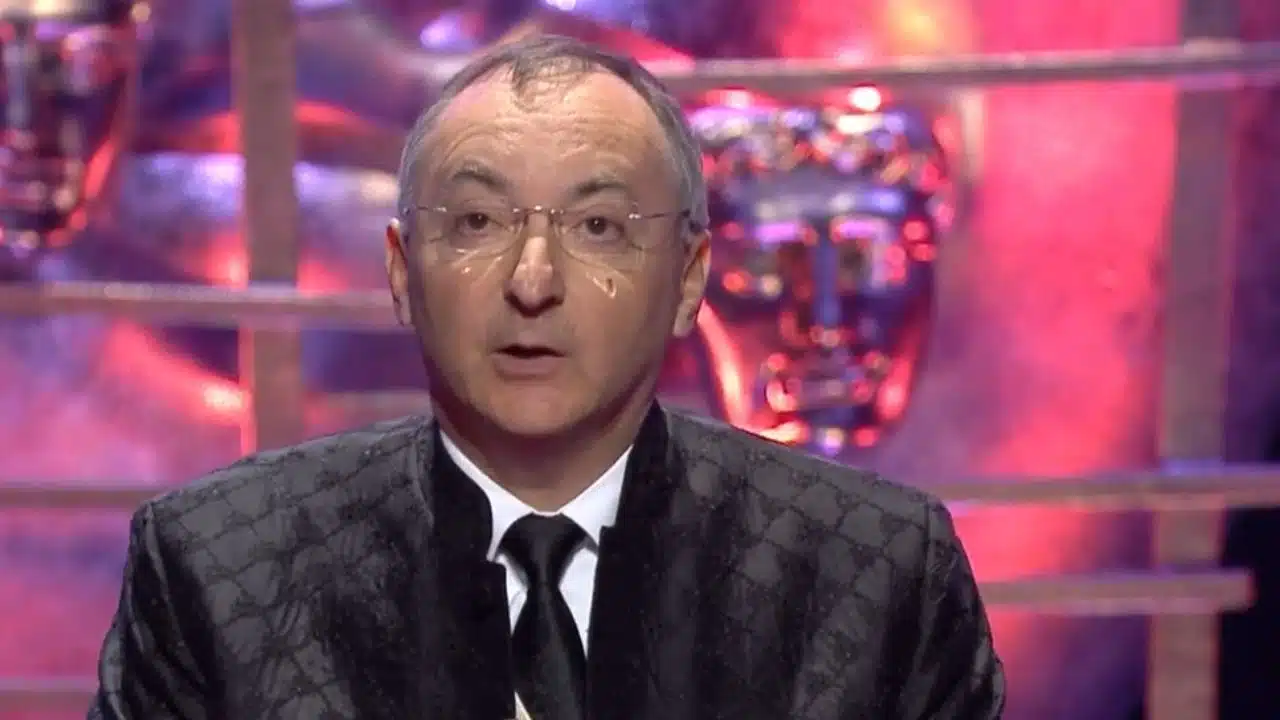The British television industry is facing what some experts are calling an “existential crisis”. One of the strongest voices raising alarm is Peter Kosminsky, the award-winning director behind the critically acclaimed BBC drama Wolf Hall.
A Drama Almost Cancelled
Peter Kosminsky recently revealed that Wolf Hall: The Mirror and The Light — the much-anticipated second series — came close to being cancelled just weeks before filming began. Despite months of planning, budget pressures became so severe that the production team had to cut props, locations, costumes, and even cast members.
Six weeks before production was scheduled to start, Kosminsky and the producer seriously considered shutting everything down. This was a first in his long career. “That’s not something that has ever happened to me before,” he told BBC Newsnight.
From Outdoor Scenes to “Rooms of Talking”
To save the project, the team made painful decisions. They removed costly exterior scenes — like jousts and crowd-filled settings — and moved almost the entire drama indoors. Kosminsky explained, “The original script had many scenes outside… and we had to cut everything.” Even the major actors and creators, including Sir Mark Rylance and Oscar-winning writer Peter Straughan, took big pay cuts to keep the show alive.
Though Kosminsky remains proud of what they accomplished, he admitted the final version lacked the original vision of a richer and broader picture of Tudor life. “We wanted more fresh air in it,” he said — meaning scenes that showed more of the real world beyond palace walls.
Public Broadcasters Can’t Keep Up
Kosminsky believes this isn’t just a one-time issue. He argues that public service broadcasters like the BBC and ITV can no longer afford high-end British dramas. Shows like Wolf Hall or even ITV’s Mr Bates vs the Post Office would be too expensive to produce under current conditions.
“One day in the not too distant future,” he warned, “British audiences will notice these types of programmes are gone.”
A Call for a Streaming Levy
To help solve this growing problem, Kosminsky is urging the UK government to introduce a 5% levy on revenues earned by streaming platforms in the UK, such as Netflix, Amazon Prime, and Disney+. The money would go into a British cultural fund, used to support local productions.
This kind of system already exists in several European countries, like France and Denmark, where levies help fund domestic content. However, many streaming services are based in the United States, and past attempts to introduce levies have faced strong political opposition. A recent White House statement even called such levies “anti-competitive” and a violation of “American sovereignty.”
Rising Costs, Shrinking Budgets
Multiple challenges have made it harder to fund traditional TV productions. The COVID-19 pandemic, energy cost hikes, and the 2023 U.S. writers’ and actors’ strikes have all pushed production costs higher. At the same time, the international co-funding model, which once helped British shows get made, has mostly dried up.
Patrick Spence, executive producer of Mr Bates vs the Post Office, said, “Not only would Mr Bates not get funded today, but I wouldn’t even have started developing it.”
Netflix’s Adolescence and the Budget Gap
Another example is Netflix’s current hit Adolescence, about a teen accused of murder. According to its writer, Jack Thorne, traditional broadcasters like the BBC or ITV might have been able to make the show — but only by removing many expensive elements, such as scenes with hundreds of extras.
“It probably would have needed co-finance from abroad,” said Thorne. “And the problem at the moment is that finance has disappeared.”
Warning Signs from Industry Leaders
Industry leaders are sounding the alarm loudly. Jayne Featherstone, producer of Netflix’s Black Doves, compared the current moment to a countdown before disaster. “We are in the 45th minute of the pilot episode, and we’ve got five minutes left to stop the bomb from going off,” she said at a recent award event.
She has also told a UK Parliament committee that TV needs the same level of tax relief that film productions already get, to survive these hard times.
The Numbers Paint a Clear Picture
According to recent figures from the British Film Institute (BFI), £5.6 billion was spent on high-end TV and film production in the UK in 2024. However, only £598 million of that was for UK domestic TV shows — a 22% drop compared to the previous year.
This shows that while total production spending is high, British-made content is shrinking. Most of the money is going to international or streaming-backed projects.
The Bigger Picture: Losing British Stories
Sir Alan Bates, whose real-life story inspired Mr Bates vs the Post Office, said it would be a “real shame” if important dramas like his can no longer be made. His programme helped shine a spotlight on a major national scandal and informed the public.
Featherstone added that without support, the UK risks losing the very stories that define its national identity.
The British TV industry is clearly under pressure. Rising costs, shrinking budgets, and the global streaming boom have made it nearly impossible for public broadcasters to keep making high-quality dramas. Peter Kosminsky and other leading voices are calling for urgent action — including a levy on streaming platforms and more tax relief — to stop the decline. Without change, British audiences may soon find their favorite local dramas have disappeared from their screens.
The Information is Collected from BBC and MSN.



































